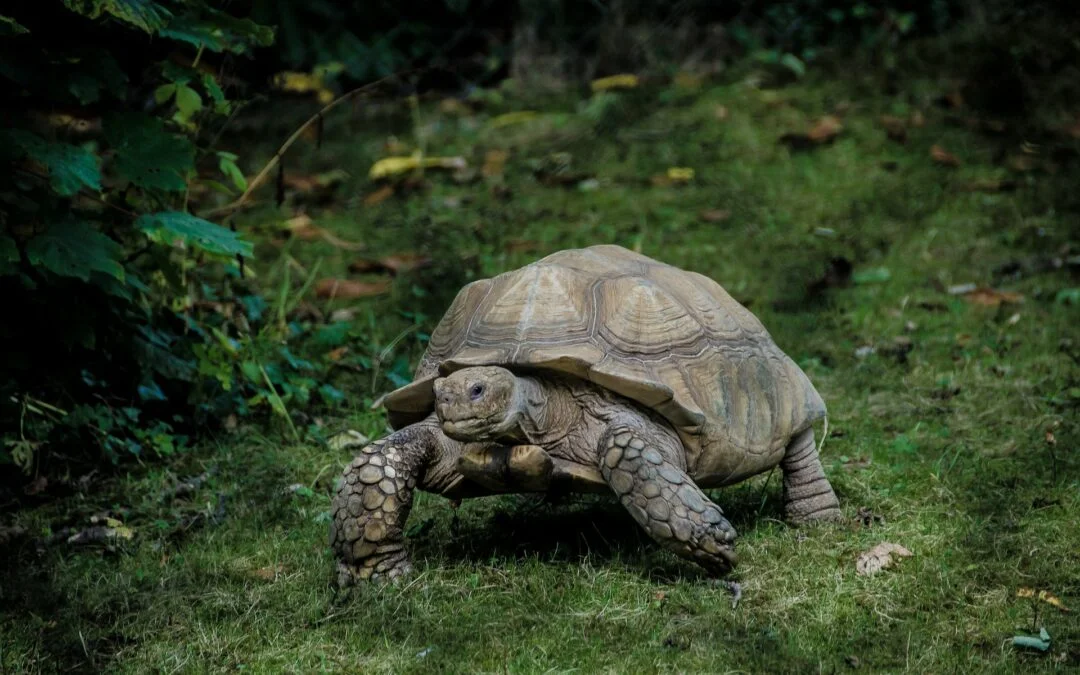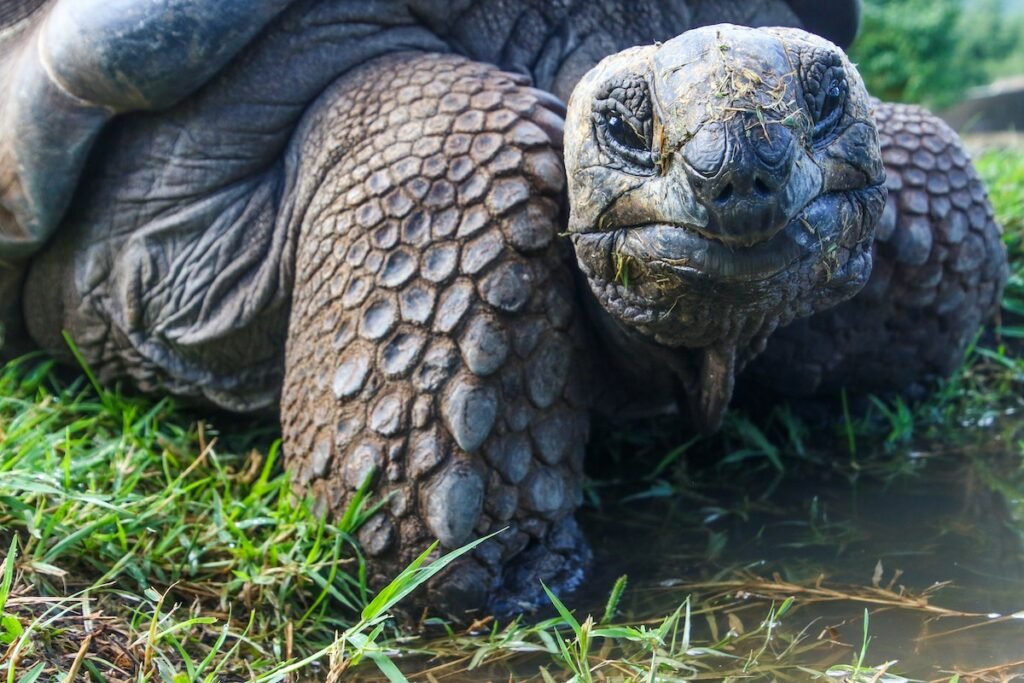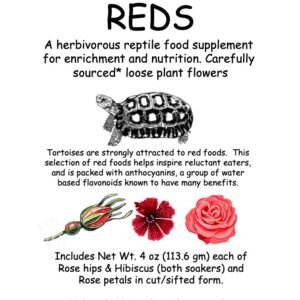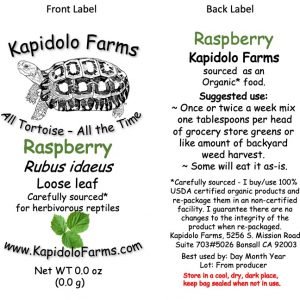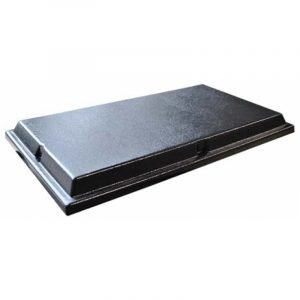Understanding Horsefield Tortoises
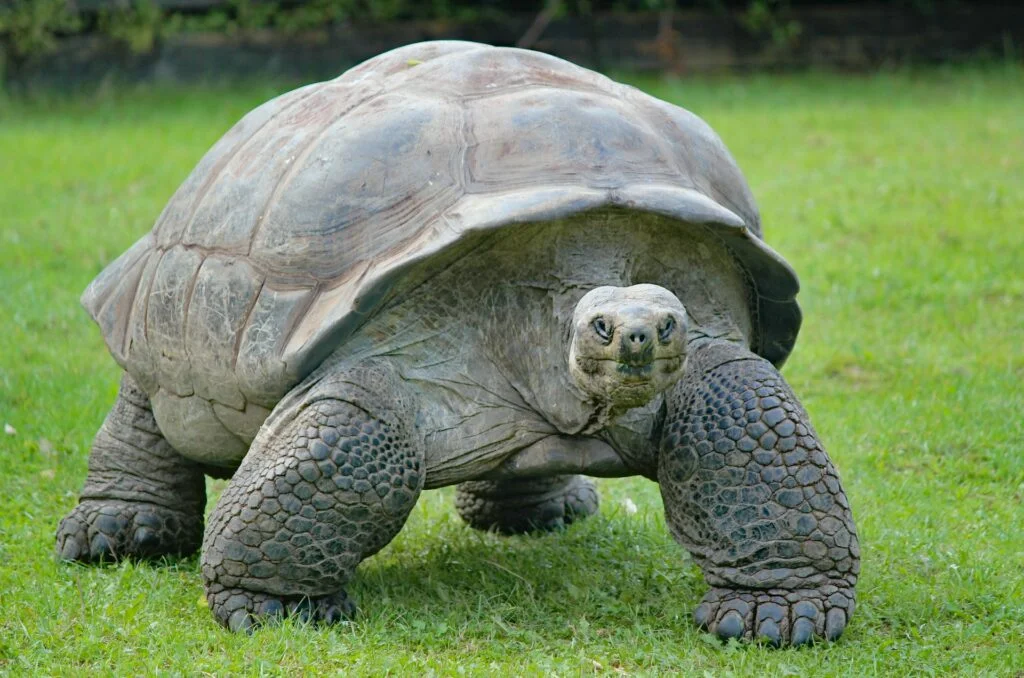
Horsefield tortoises, also known as Russian Tortoises, belong to the Order Chelonia, Suborder Cryptodira, Family Testudinidae, and Genus Testudo. Their aliases include Soviet Tortoise, Central Asian Tortoise, Afghanistan Tortoise, Steppe Tortoise, or Four Clawed Tortoise.
With a lifespan ranging from 40 to 80 years, they require lifelong commitment from their owners. Considering their long lifespan, it’s essential to have a contingency plan in place, such as designating a trusted friend or including provisions for their care in your will.
Caring for Horsefield Tortoises
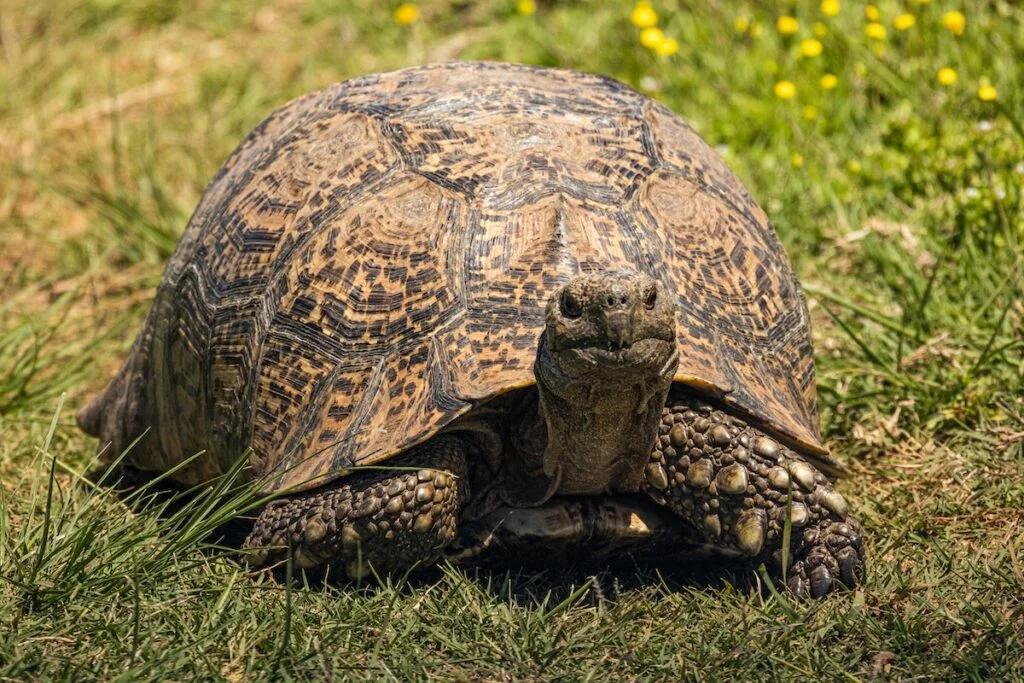
Horsefield tortoises are a popular choice for pet owners, but they require careful attention and maintenance to thrive.
Basic Care Guidelines
- Regular Attention: Never leave a Horsefield tortoise alone for more than 2 hours. Ensure they have access to clean water and sufficient food daily.
- Enclosure Maintenance: Clean the tortoise’s enclosure at least once a month to prevent the growth of bacteria and mold. Maintain a regulated temperature between 20-30°C (68-86°F).
Preparing the Enclosure
Before acquiring a Horsefield tortoise, it’s essential to prepare a suitable enclosure. A 10-gallon tank or larger is recommended to provide ample space for roaming and prevent boredom.
Environmental Considerations
- Lighting: As nocturnal creatures, Horsefield tortoises require a warm and dark enclosure to avoid vision problems caused by excessive brightness.
- Origin and Size: Originally from the Mediterranean and Eurasia, captive-bred Horsefield tortoises are common in the UK and United States. They typically grow to a size of 15-20 cm (6-8 inches).
Indoor vs. Outdoor Housing
Horsefield tortoises can be housed indoors or outdoors, each with its own advantages. Outdoor housing is often preferred for its natural elements, including sunlight, space, plants, and airflow. However, regardless of the housing choice, ensure the environment remains dry, regulated in temperature, and protected from extreme weather conditions.
Understanding the Horsefield Tortoise
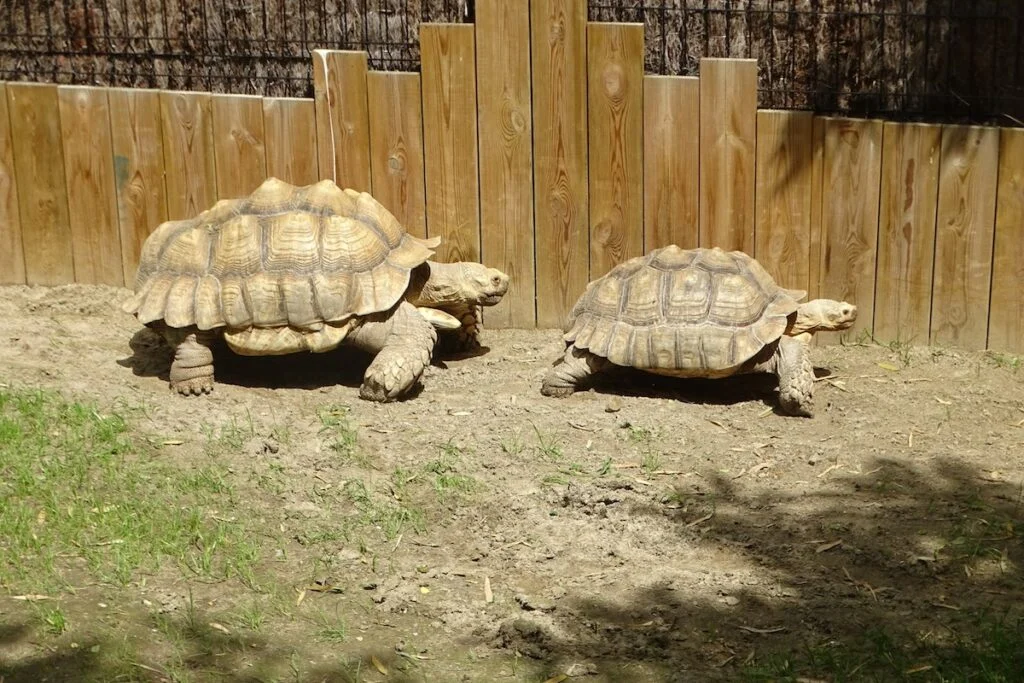
The Horsefield tortoise, characterized by its black shell with yellow patches and large head, is classified as a lower-risk species, warranting protection due to its rarity. When acquiring a tortoise, it’s crucial to select a vendor offering captive-bred specimens, born and raised in controlled environments rather than the wild.
Common Mistakes to Avoid
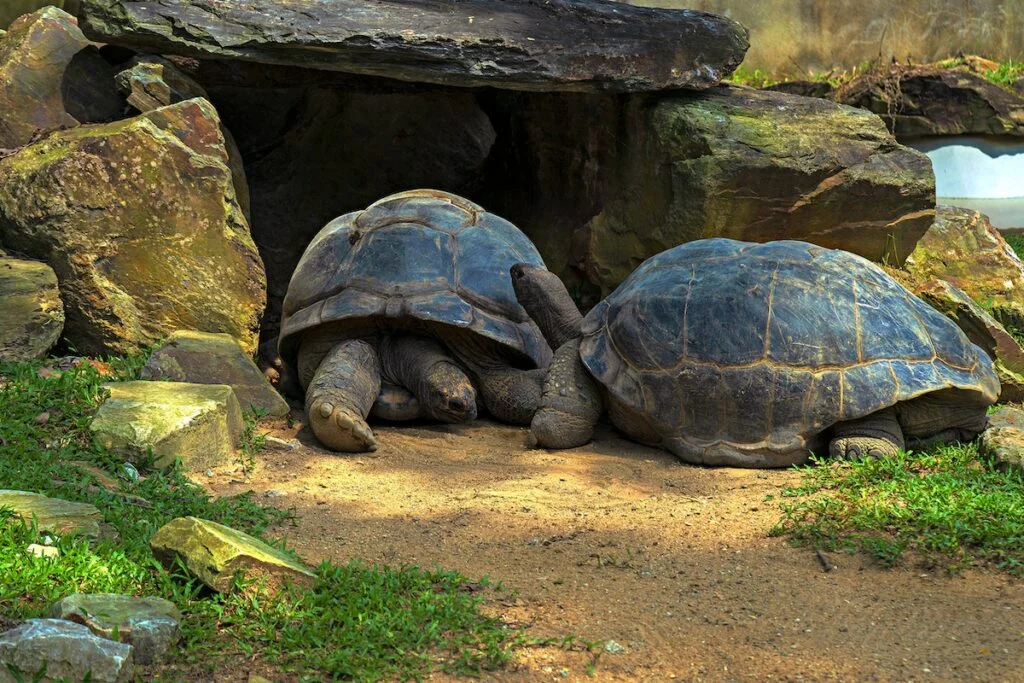
In this blog post, we highlight the five most prevalent errors that could endanger your Horsefield tortoise:
Not Using the Recommended Substrate
Tortoises inhabit various types of habitats such as deserts, forests, or wetlands. Captive-bred tortoises are limited to a single type of habitat; using the wrong substrate can lead to health issues and even death for the pet tortoise.
Horsefield tortoises bred for captivity often exhibit different colors in their cages or tanks. They tend to be smaller than their wild counterparts due to limited space in their enclosures or cages, which can result in health problems like constipation or cloacal prolapse, potentially fatal if not promptly treated.
The substrate should comprise various materials resembling their natural habitat, such as hay, gravel, sand, soil, and wood chips. Ensure the substrate is well-drained and consistently dry to maintain optimal conditions.
Using Too Many Water Sources
The Horsefield tortoise is among the most popular pet reptiles in several Asian countries, including Indonesia, Malaysia, Singapore, and Thailand. However, the fragmentation of wetland ecosystems into smaller, disconnected areas poses a significant threat.
This fragmentation can lead to the isolation of populations and the extinction of other animals, such as freshwater turtles like the Malayan softshell turtle and the freshwater musk turtle, as they struggle to traverse these fragmented habitats.
Not Enough Space
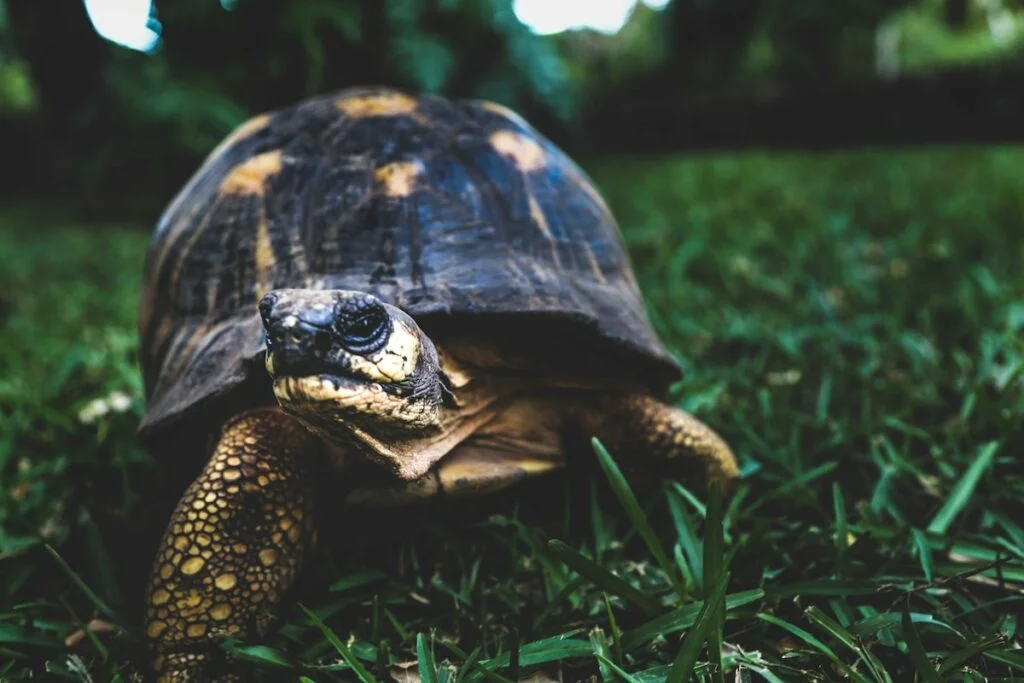
It’s crucial to provide adequate space for the Horsefield tortoise. Insufficient room can pose problems, particularly if your home lacks the necessary space. If you choose to house them outdoors, ensure the enclosure is tailored to their needs.
Inadequate space can prove fatal for tortoises. Male Horsefield tortoises, in particular, tend to display aggression and may bite other tortoise species if housed together. This aggression can result in injuries to other tortoises sharing the enclosure.
Forgetting About Lighting
Tortoises require exposure to natural sunlight. However, if you opt for an indoor enclosure for your Horsefield tortoise, you must provide supplementary lighting, especially in regions with colder climates.
They need UVA and UVB rays. UVB rays enable the tortoise to produce vitamin D, which allows them to absorb and utilize calcium. Without vitamin D, they are prone to developing metabolic bone disease, which can be fatal.


